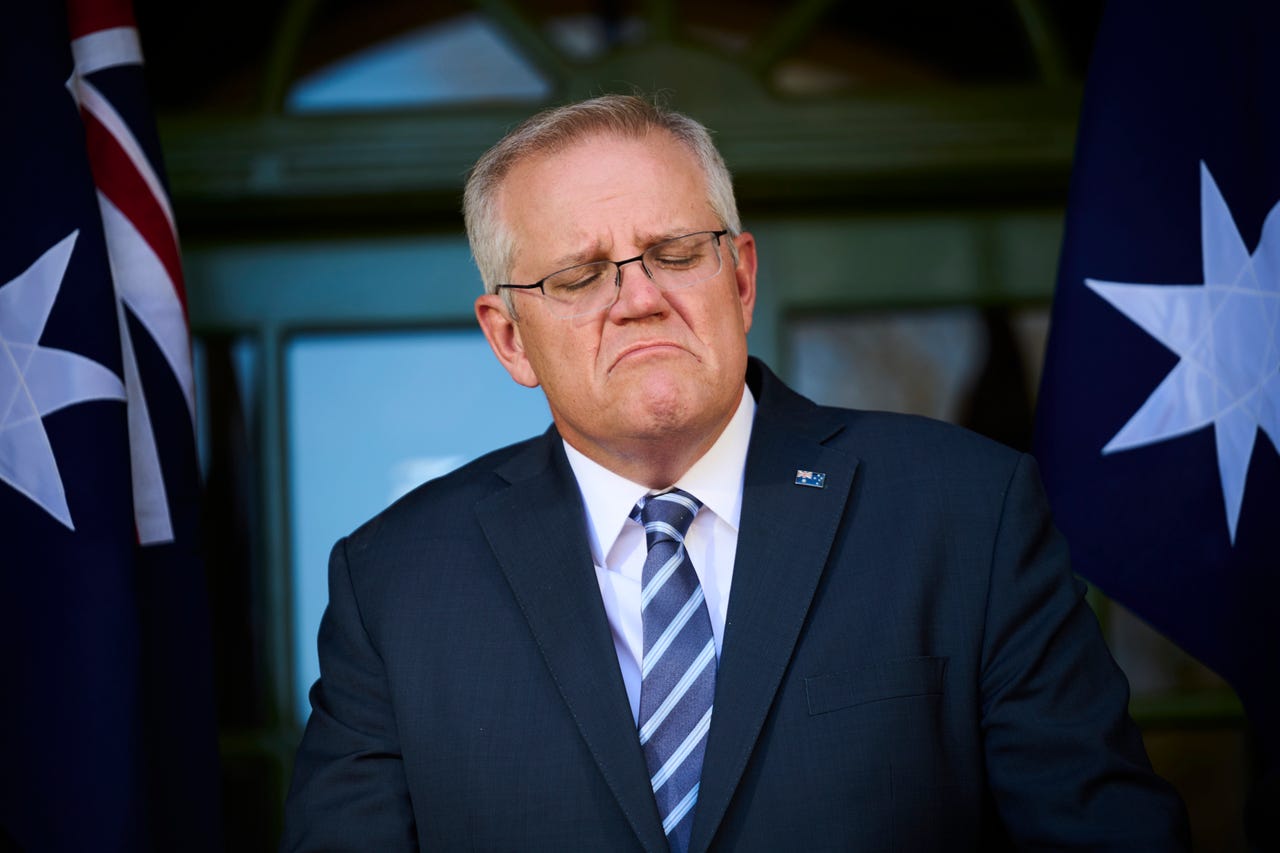Scott Morrison says social media platforms are publishers if unwilling to identify users


Australian Prime Minister Scott Morrison has criticised tech giants for the conduct that occurs on their platforms, stating that platforms would be viewed as publishers if they are unwilling to identify users that post foul and offensive content.
"Social media has become a coward's palace where people can just go on there, not say who they are, destroy people's lives, and say the most foul and offensive things to people, and do so with impunity," Morrison said at a press conference.
"The companies that [do not] say who they are, well, they're not a platform anymore. They're a publisher, and you know what the implications of that means in terms of those issues. So people should be responsible for what they say in a country that believes in free speech."
Morrison's comments about social media platforms follow Australian Deputy Prime Minister Barnaby Joyce telling ABC Radio National earlier on Thursday that Australia would cracking down on misinformation on social media.
Federal Attorney-General Michaelia Cash has also reportedly written to her state counterparts in a bid to redraft the country's defamation laws.
Yesterday, Minister for Communications, Urban Infrastructure, Cities, and the Arts Paul Fletcher said, during an address to the National Press Club, that there was "no question that misinformation or disinformation is a problem on social media".
The comments from various federal government officials about social media accountability come after Australia's High Court ruled last month that administrators of social media posts are liable for defamation from reader comments.
Since the ruling, media outlet CNN has disabled its Facebook page in Australia.
Australia currently has a voluntary code of practice for social media disinformation and misinformation. The code asks its signatories -- Facebook, Google, Microsoft, Redbubble, TikTok, and Twitter -- to be cognisant of the Universal Declaration on Human Rights when developing proportionate responses to disinformation and misinformation.
While the voluntary code of practice is still in place, Fletcher on Wednesday said the government would keep that "under close scrutiny".
"If we don't think the voluntary code is sufficient then we will certainly consider more direct regulatory action," he said.
Over in the United States, the Senate has been conducting an inquiry into Facebook's operations, declaring the company as "morally bankrupt", flagging "the choices being made inside of Facebook" as "disastrous for our children, our privacy, and our democracy".
During the inquiry, Facebook whistleblower Frances Haugen told the Senate that Facebook "is choosing to grow at all costs" -- which means that profits are being "bought with our safety."
Facebook founder and CEO Mark Zuckerberg yesterday released a statement to deny the allegations.
"We care deeply about issues like safety, wellbeing, and mental health. It's difficult to see coverage that misrepresents our work and our motives. At the most basic level, I think most of us just don't recognize the false picture of the company that is being painted," Zuckerberg wrote in a note to Facebook employees that he publicly posted on his Facebook page.
RELATED COVERAGE
- Facebook CEO Mark Zuckerberg on putting profit before safety: 'That's just not true'
- Instagram combines IGTV and feed videos into a single format
- New Aussie legislation to target use of personal information by social media
- Australia warned to not ignore domestic misinformation in social media crackdown
- Why Facebook is the AOL of 2021
- Congress scolds Facebook over the harms its platforms cause: What's next?